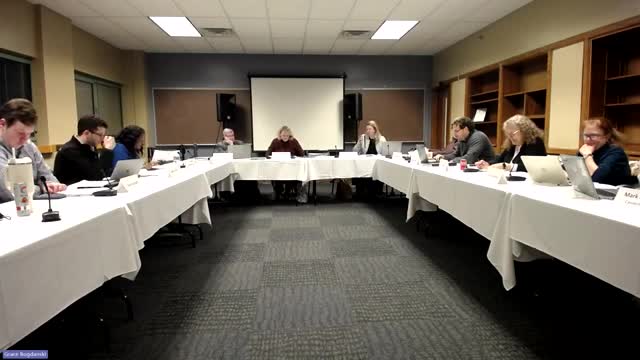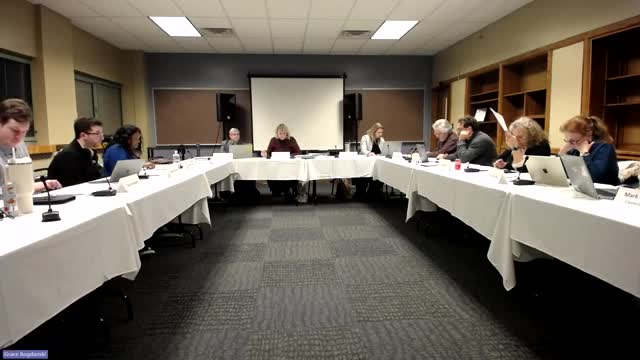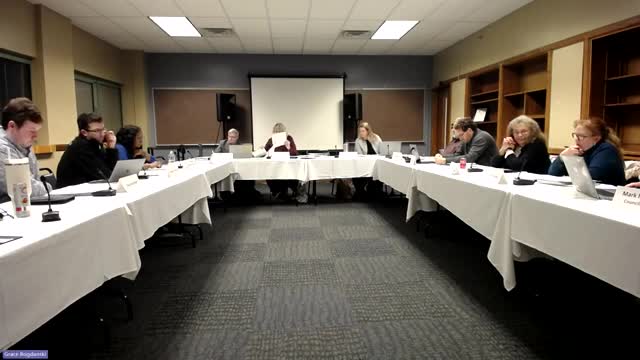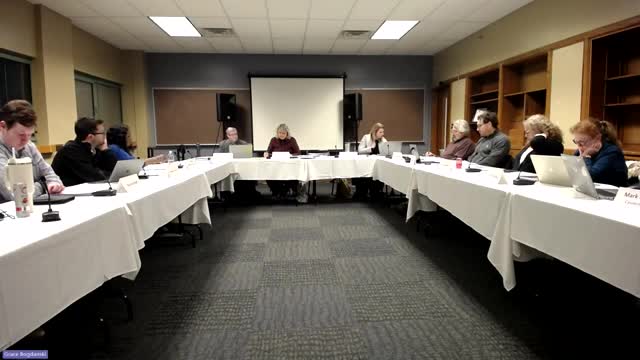Article not found
This article is no longer available. But don't worry—we've gathered other articles that discuss the same topic.

Interim finance director outlines income-tax revenue, spending priorities and pension progress

Charter Review Committee approves multiple section revisions, including board-review and document‑access wording

Committee weighs disclosure of formal legal opinions, clerk records and public access

